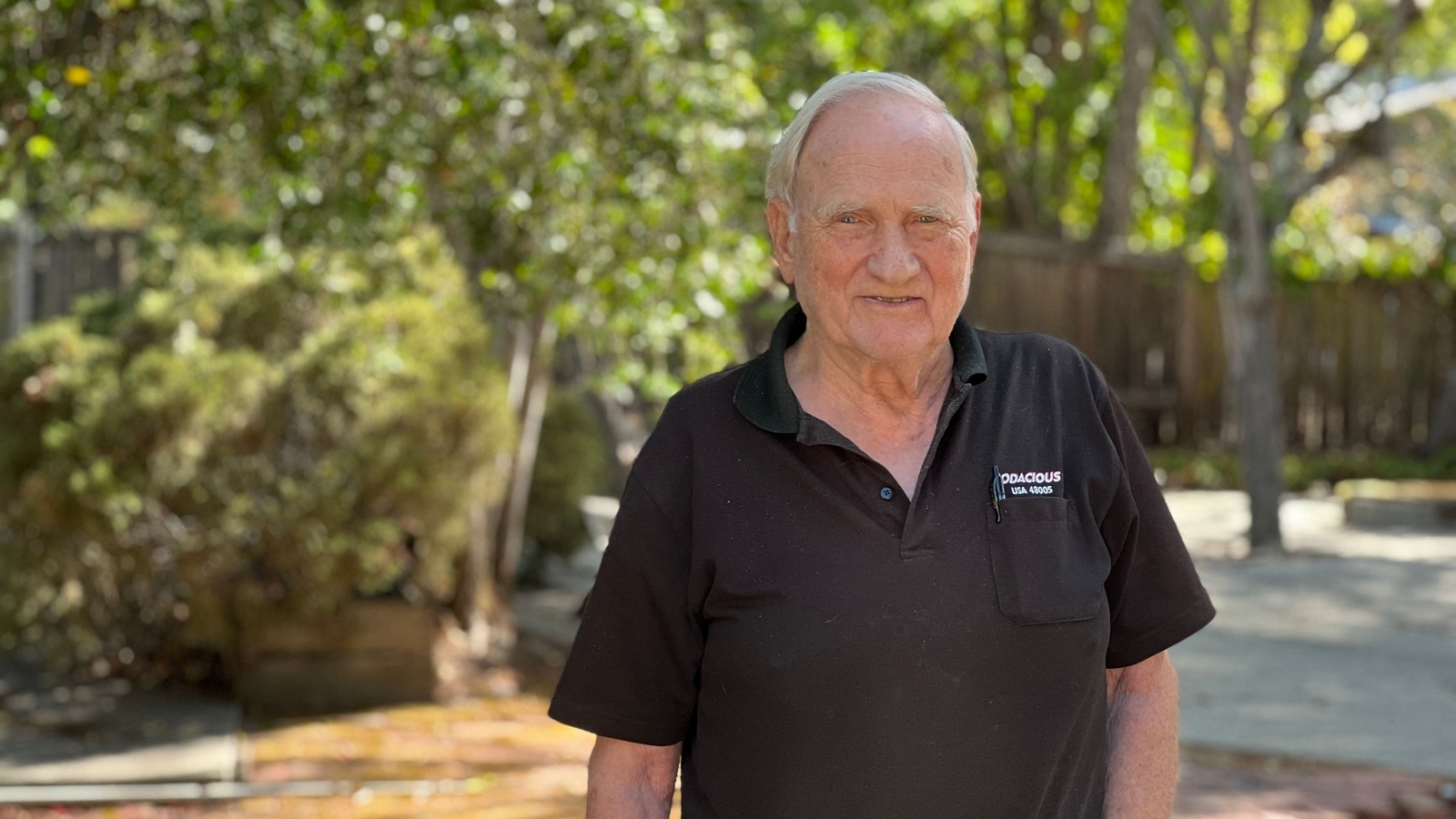Nobel physics winner hoped his prizewinning experiment would get reverse end result | World News
 Nobel physics winner hoped his prizewinning experiment would get reverse end result | World News
[ad_1]
Nobel physics winner hoped his prizewinning experiment would get reverse end result | World News
[ad_1]
American physicist John Clauser gained the 2022 Nobel Prize for a groundbreaking experiment vindicating quantum mechanics -- a basic principle governing the subatomic world that's right this moment the inspiration for an rising class of ultra-powerful computer systems.
However when he carried out his work within the Seventies, Clauser was truly hoping for the alternative end result: to upend the sector and show Albert Einstein had been proper to dismiss it, he instructed AFP in an interview.
"The reality is that I strongly hoped that Einstein would win, which might imply that quantum mechanics was giving incorrect predictions," the 79-year-old stated, talking by phone from his residence in Walnut Creek, simply exterior San Francisco.
Born in Pasadena in 1942, Clauser credit his father, an engineer who designed planes within the conflict and based the aeronautics division at Johns Hopkins College in Baltimore, for instilling in him a lifelong love of science.
"I used to wander round his laboratory and say 'Wow, oh boy, after I develop up I need to be a scientist so I can play with these enjoyable toys too.'"
Additionally Learn | Swedish geneticist Svante Pääbo wins Nobel Prize for Medication | 5 details
As a graduate pupil at Columbia within the mid-Sixties, he grew fascinated with quantum physics alongside his thesis work on radio astronomy.
- Quantum entanglement -
Based on quantum mechanics, two or extra particles can exist in what's referred to as an entangled state -- what occurs to at least one in an entangled pair determines what occurs to the opposite, regardless of their distance.
The truth that this occurred immediately contradicted Einstein's principle of relativity which held that nothing -- together with data -- can journey sooner than the pace of sunshine.
In 1935 he dismissed this factor of quantum entanglement -- referred to as nonlocality -- as "spooky motion at a distance."
Additionally Learn | Google Doodle: When Satyendra Nath Bose despatched his paper to Albert Einstein
Einstein as an alternative believed that "hidden variables" that instructed the particles what state to take have to be at play, putting him at odds together with his nice good friend however mental adversary Niels Bohr, a founding father of quantum principle.
In 1964, the Northern Irish physicist John Bell proposed a theoretical method to measure whether or not there have been actually hidden variables inside quantum particles. Clauser realized he might resolve the lengthy standing Bohr-Einstein debate if he might create the suitable experiment.
"My thesis advisor thought it was a distraction from my work in astrophysics," he recalled, however undeterred, he wrote to Bell, who inspired him to take up the thought.
It wasn't till Clauser had accomplished his doctorate and brought up a job at UC Berkeley that he was truly in a position to begin engaged on the experiment, together with collaborator Stuart Freedman.
They targeted a laser on calcium atoms, making it emit particles of entangled photon pairs that shot off in reverse instructions, and used filters set to the aspect to measure whether or not they have been correlated.
After lots of of hundreds of runs, they discovered the pairs correlated greater than Einstein would have predicted, proving the truth of "spooky motion" with laborious knowledge.
On the time, main lights of the sector have been unimpressed, stated Clauser, together with the famend physicist Richard Feynman who instructed him the work was "completely foolish, you are losing all people's money and time" and threw him out his workplace.
Questioning the inspiration of quantum mechanics was deemed pointless.
- Quantum computing -
That wasn't the view of the Nobel committee, who awarded Clauser, Alain Side of France, and Anton Zeilinger of Austria the world's most prestigious science prize for his or her pioneering work in advancing the sector.
"It took a very long time for individuals to appreciate the significance of the work," chuckled Clauser.
"However I suppose it's a sure vindication, everybody was telling me it was foolish."
Einstein's principle had extra attraction to Clauser than Bohr's, which he confessed to not absolutely greedy.
However over time, he got here to appreciate the true worth of his and his co-winners' experiments. Demonstrating that a single bit of knowledge will be distributed by way of house is right this moment on the core of quantum computer systems. Clauser pointed to China's quantum-encrypted Micius communications satellite tv for pc, which depends on entangled photons hundreds of kilometers aside.
"We didn't show what quantum mechanics is -- we proved what quantum mechanics is not," he stated, "and realizing what it's not then has sensible purposes."
[ad_2]







0 comments: